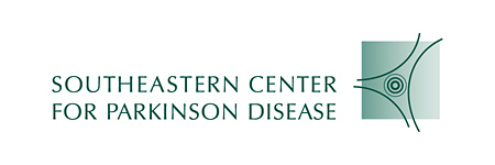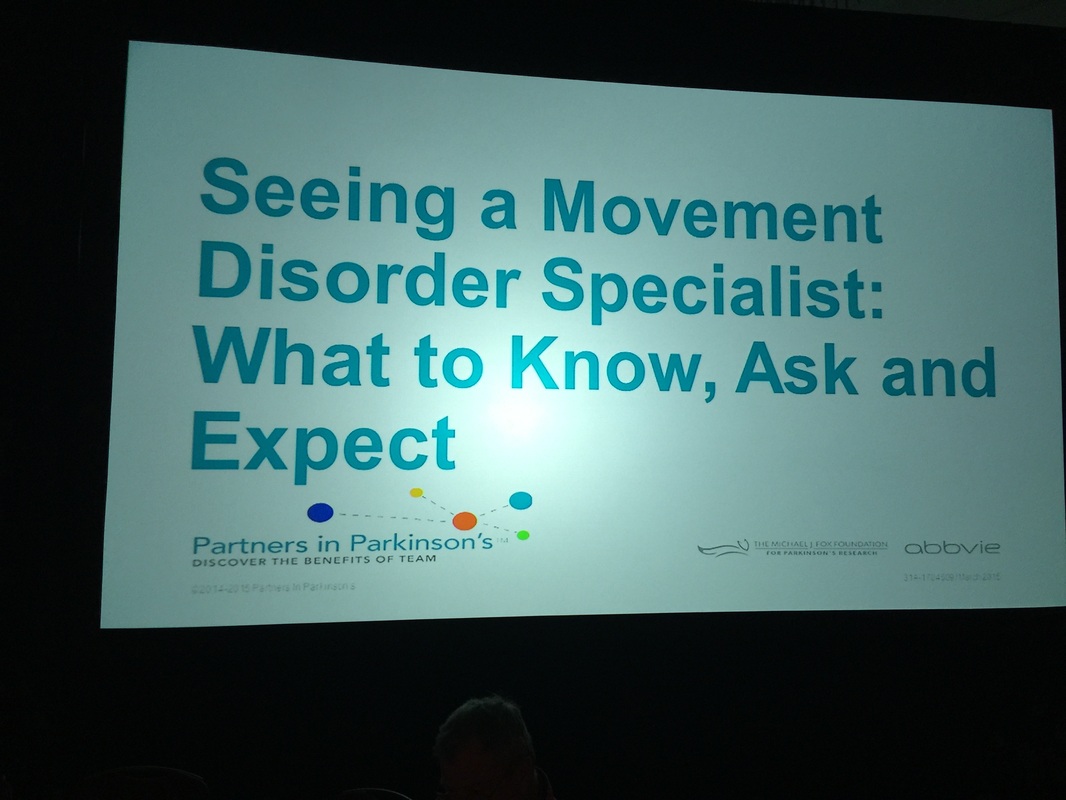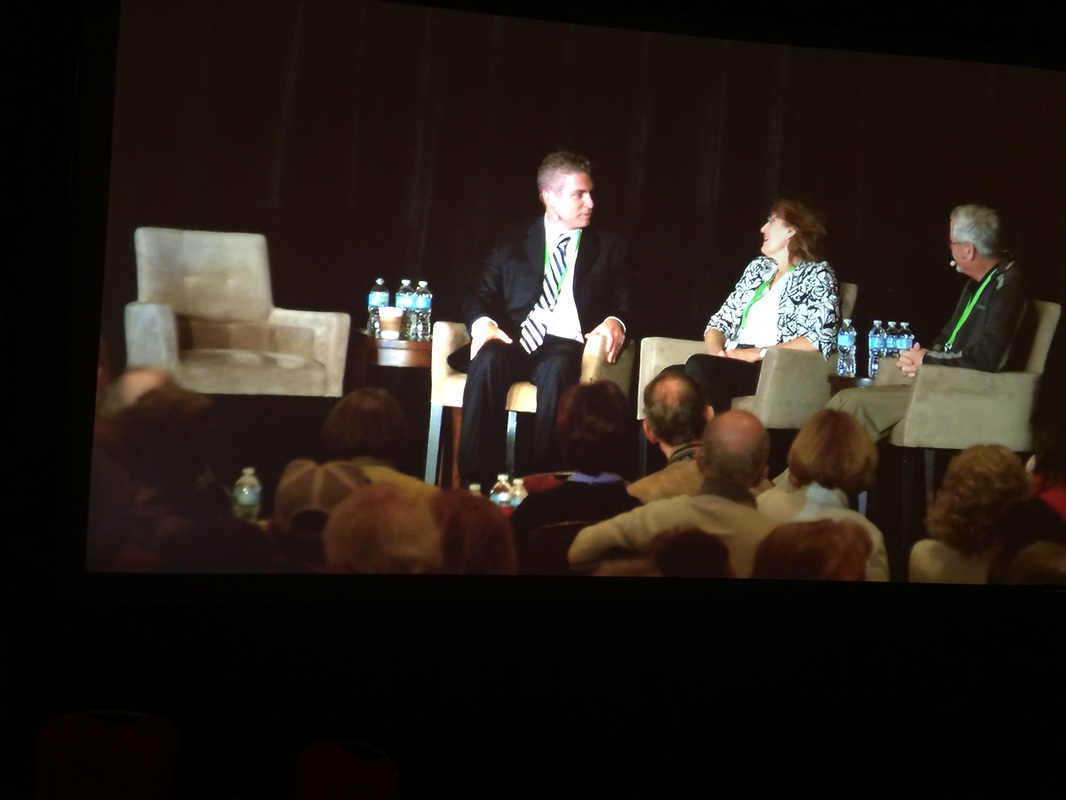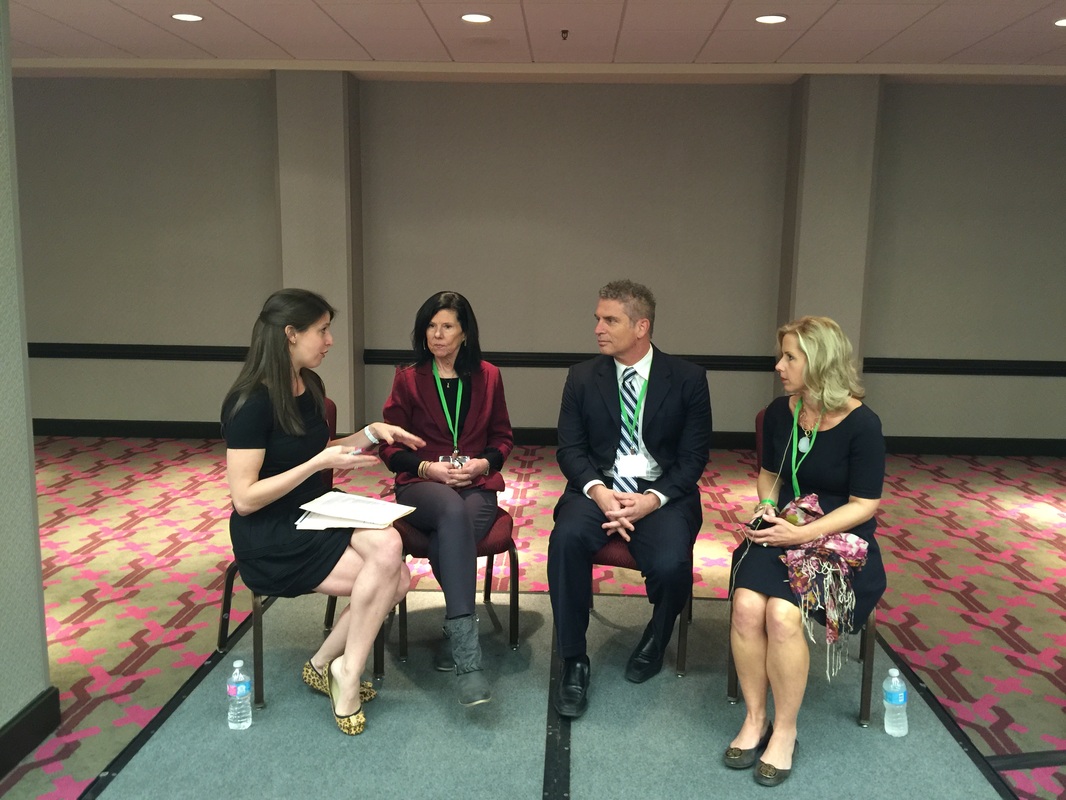Dr. Sutherland answered questions about Parkinson's Disease in the February 2016 issue of SRQ Magazine, written by Phil Lederer. To read the complete article, entitled "Parkinson's Unpacked -- a look inside the twin treatments fighting Parkinson's today," click here.
Here's an excerpt:
How can you define success with a progressive and degenerative disease like this? Sutherland: There are a number of ways you could look at it. One is if somebody has regained skills or confidence in things that they had given up on before. For instance, a lot of people in the Sarasota area like to golf and we’ll have people who give up golf. After they’ve been treated properly with medications and therapy, a lot of people can go back to doing that. There are a lot of things that people will throw up as roadblocks to their own functionality. We can help reduce those roadblocks or even eliminate them and get them back to feeling like they are able to live a more normal life. Rogers-Brunner: I would have to agree with that. It’s very personal for everybody. You know what’s important to them, and if you can help them achieve whatever it is that’s important to them, then that’s success.
What resources are available in this area, and what would you like to see brought in? Rogers-Brunner: Sarasota is the epicenter for Parkinson’s support and everything that we do here is just amazing to me. Sutherland: It’s exploded in the last 15 to 20 years here in Sarasota. Right now, we have a number of support organizations that are available. I work for Neuro Challenge Foundation. There’s also Parkinson’s Place across town, and there’s some smaller organizations, but those are really the two main places in town where we have some sort of social support mixed with some more of the educational information. That’s really a very solid start. If you look all over the nation, we probably have the most developed Parkinson’s system in terms of a county or a region anywhere in the nation.
Here's an excerpt:
How can you define success with a progressive and degenerative disease like this? Sutherland: There are a number of ways you could look at it. One is if somebody has regained skills or confidence in things that they had given up on before. For instance, a lot of people in the Sarasota area like to golf and we’ll have people who give up golf. After they’ve been treated properly with medications and therapy, a lot of people can go back to doing that. There are a lot of things that people will throw up as roadblocks to their own functionality. We can help reduce those roadblocks or even eliminate them and get them back to feeling like they are able to live a more normal life. Rogers-Brunner: I would have to agree with that. It’s very personal for everybody. You know what’s important to them, and if you can help them achieve whatever it is that’s important to them, then that’s success.
What resources are available in this area, and what would you like to see brought in? Rogers-Brunner: Sarasota is the epicenter for Parkinson’s support and everything that we do here is just amazing to me. Sutherland: It’s exploded in the last 15 to 20 years here in Sarasota. Right now, we have a number of support organizations that are available. I work for Neuro Challenge Foundation. There’s also Parkinson’s Place across town, and there’s some smaller organizations, but those are really the two main places in town where we have some sort of social support mixed with some more of the educational information. That’s really a very solid start. If you look all over the nation, we probably have the most developed Parkinson’s system in terms of a county or a region anywhere in the nation.




 RSS Feed
RSS Feed